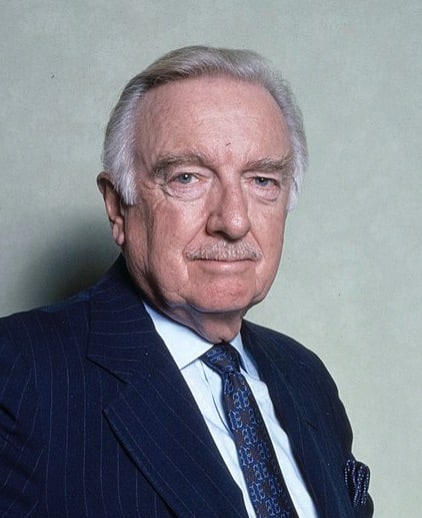
In the 1970s, NBC anchors David Brinkley and John Chancellor delivered the news to many Americans. Other Americans tuned in to CBS where Walter Cronkite had earned the title, “Most trusted man in America,” for his balanced reporting of world events. Still others visited ABC where three anchors, including Peter Jennings, provided news that paralleled the reports on the other networks.
In 1980, entrepreneurs Ted Turner and Reese Schonfeld launched CNN as a 24-hour cable news channel. Gradually, CNN expanded its reach, but it was its coverage of the first Persian Gulf War in 1991 that earned the station credibility. As the world watched CNN to learn about events as they unfolded, it surpassed NBC, CBS and ABC in its viewership. Eventually it was able to advertise itself as, “the most trusted name in news.”
What happened to trust in cable television news in the decades that followed? At the dawn of the 21st century, personal computers and cellphones increasingly became the devices that people used to view and order products on line. The development of software known as “analytics” enabled businesses to evaluate the performance of a marketing campaign, a program or a promotion. Through analytics, they were able to discover what drives consumer purchases, and were able to target specific markets. Advertising on the internet became, for many products, cheaper and more sharply focussed on specific consumers than broad-based, expensive television marketing.
Recognizing that their share of the advertising revenue was diminishing, cable news companies decided to define the demographic that they would target. Rather than report accurate, unbalanced news, they would focus on specific events that would appeal to those with a particular political viewpoint. FOX chose the sector with political orientation on the Right, while CNN chose to target those on the Left. Consequently, FOX supported the narrative that the 2020 election was fraudulent and CNN capitalized on Trump derangement syndrome, while ignoring the Hunter Biden laptop story. The treatment of the southern border problem by the two stations made it impossible for a viewer to know what to believe. In this transition, cable news moved from the previous, relatively unpolarized and rational level reporting, to a biased and emotionally-based appeal.
During recent years, this polarization has increased to the point that families in America are advised not to discuss politics during Thanksgiving dinner. Described as “the uncivil Civil War” the great divide in America continues to grow, because it appeals to our emotions–our tribal instincts that almost always trump the discipline of cold, rational thought. However, the problem is not confined to cable news. It is a pervasive issue that is exacerbated by social media in which people select their self-affirming group who feed what psychologists refer to as confirmation bias. When all your social contacts share your beliefs, it becomes difficult to understand how anyone can be so stupid as to believe something else. We are now entering a new version of the religious wars that have tortured our human civilization throughout history. As Walt Kelly said in his POGO cartoon, “We have seen the enemy and he is us!”
